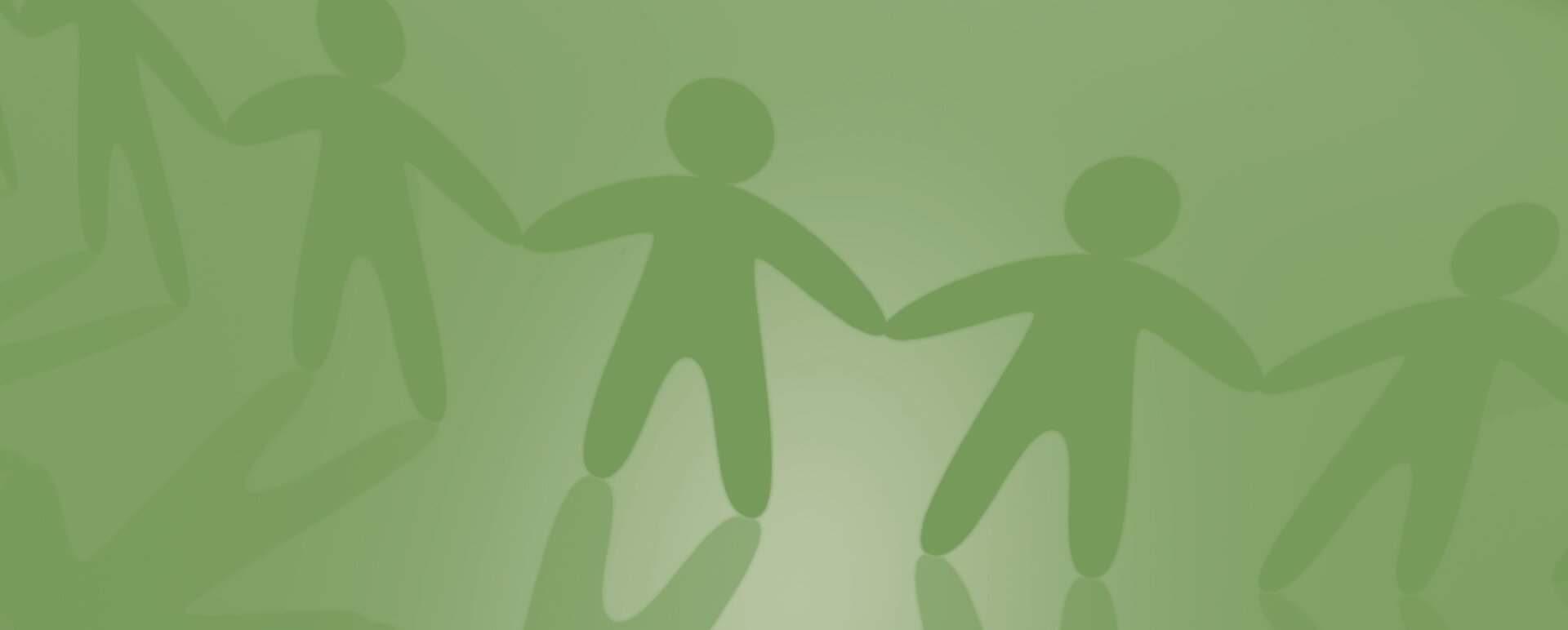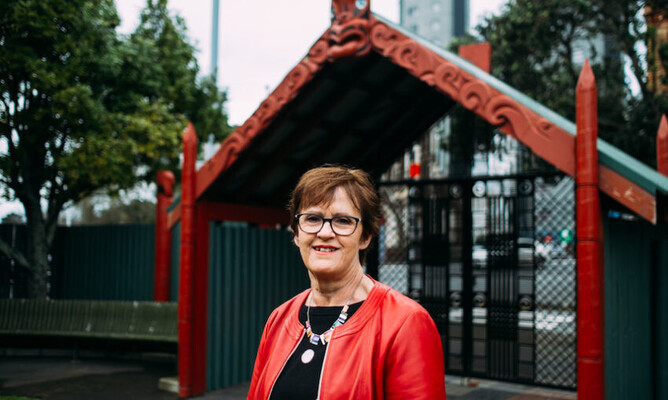Simon Day: Commercial Editorial Director
New Zealand’s shameful rates of family violence place us at the bottom of the heap when it comes to intimate partner violence and child abuse in the OECD. Māori are among the greatest offenders and victims alike. Simon Day spoke to Denise Wilson about the history of family violence in this country and her solution to the problem.
In New Zealand 194 people were killed as a result of family violence in the seven years from 2009 to 2015, according to the Family Violence Death Review Committee. Māori were overrepresented among both the offenders and deceased.
Yet family violence was not part of traditional, pre-colonial Māori communities. Women and children were deeply valued as guardians of future whakapapa. The whānau and hapū – including cousins, aunties, uncles and grandparents – played an active nurturing role in the lives of tamariki (the young). But, when colonisation broke down the communal structures of Māori family life, something changed.
“Victorian social norms were introduced, whereby men had ownership over women and children. There was a push to make Māori more like European settlers. Those protective factors embedded in traditional cultural values and cultural identity were gradually destroyed,” says Denise Wilson (Ngāti Tahinga), Professor of Māori Health at Auckland University of Technology (AUT).
These new rules of behaviour permitted family violence to take seed in silence and social isolation. It created a culture where victims are blamed for the violence they suffer and mothers are held culpable for the effects it had on their children.
“With ‘the Māori mother’, the attention is on what they have or haven’t done, without any recognition of the violence they live with. They are vilified and found guilty before natural justice is able to take its course,” she says.
The link to the full article: https://thespinoff.co.nz/socie...




